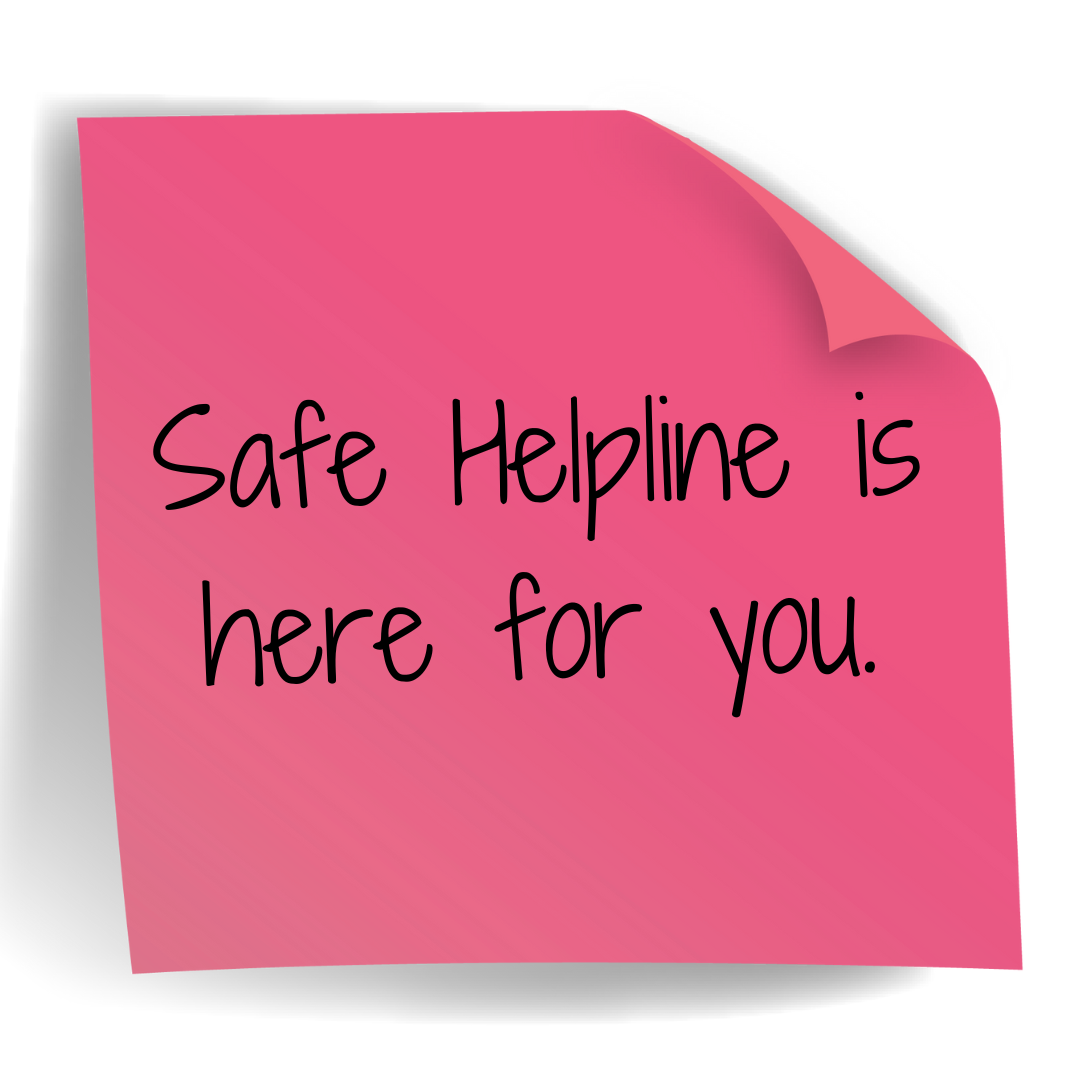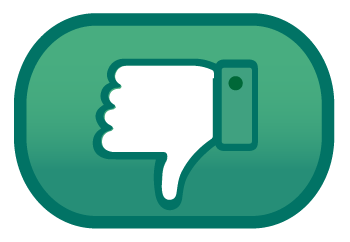 Managing the effects of sexual assault and beginning to heal can be difficult, but you are not alone. Safe Helpline is here to provide a variety of different services and resources to support you at any point in your healing journey. Whether you are looking for crisis support, responders on your base or installation, information about reporting options, or just someone to talk to, Safe Helpline is here for you.
Managing the effects of sexual assault and beginning to heal can be difficult, but you are not alone. Safe Helpline is here to provide a variety of different services and resources to support you at any point in your healing journey. Whether you are looking for crisis support, responders on your base or installation, information about reporting options, or just someone to talk to, Safe Helpline is here for you.
Safe Helpline services are all 100% anonymous, confidential, and secure.
If you are looking for one-on one-crisis intervention, emotional support, resource referrals, or information, the Safe Helpline Telephone and Online Helplines are here to support you 24/7, 365. Safe Helpline staff members care about your wellbeing and will ensure the conversation will focus on what you tell us that you need. Safe Helpline staff recognize that every healing journey is different, and they are prepared to meet you exactly where you are.
Safe Helpline staff are here to listen and support you. If you are interested in problem solving, staff members can help you create a safety plan or work through how to disclose what happened to you with loved ones or friends. Safe Helpline staff can also provide you with information about reporting and transfer processes, and then connect you directly with your SARC if you are ready to begin the process.
You can connect with the Telephone Helpline 24/7/365 from anywhere in the world at 877-995-5247 and through the Safe Helpline app. If you access the Telephone Helpline from the app, you have the option to connect via Wi-Fi, meaning that you do not need access to a cellular data plan in order to make a call.
The Online Helpline is available 24/7/365 from anywhere in the world at www.SafeHelpline.org/online and through the Safe Helpline app.
If you are looking to connect with long-term support resources on your base/installation or in your local community, Safe Helpline can help connect you with military and civilian responders.
The Safe Helpline Responders Near Me Database includes both military and civilian resources across the United States and military resources around the world. The list includes contact information for SARCs and SAPR VAs, medical/mental healthcare resources, SVCs and VLCs, military police, chaplains, and civilian sexual assault services providers. The database goes through a detailed verification process twice per year to verify the correct contact information for each responder in our database, ensuring that you will be connected directly with the correct support resources.
Safe Helpline also maintains a resource database for service members transitioning out of the military. If you are interested in resources to help support you in your transition, you can search this database to connect with employment, mental health, medical, and other relevant resources. If you are interested in connecting with a civilian sexual assault service provider for continuing long-term support following your transition out of the military, you can find comprehensive information at centers.rainn.org.
Many survivors find value in connecting and healing with others. If you are interested in connecting with other members of the DoD community who have been affected by sexual assault, Safe Helpline has created a safe, moderated place to do so. Each month, Safe Helpline hosts topic-specific discussion sessions for survivors. You can find the dates, times and topics for these sessions on the Safe HelpRoom webpage. You can also join Safe HelpRoom sessions via the Safe Helpline app. Session topics include: countering self-blame and promoting self-care, disclosure planning and support, and reporting planning and concerns. The Safe HelpRoom is a great resource to use if you are interested in receiving support outside of business hours or in an anonymous, confidential, and secure environment.
If you are a male survivor of sexual assault and you are interested in connecting with other men in an anonymous environment to discuss, Safe HelpRoom sessions specifically for male survivors are hosted every Sunday from 1300-1500 ET.
If you are interested in educational resources to support your healing journey, Safe Helpline has created two Self-Paced Educational Programs that specifically provide information and support to survivors of sexual assault.
If you are interested in exploring coping strategies and support plans, consider taking Building Hope & Resiliency: Addressing the Effects of Sexual Assault. This module is a self-guided, online, educational program that seeks to help you begin to recover, heal and build resiliency after a sexual assault. You can find more information about this module here.
If you are interested in practicing self-care and creating a self-care plan, consider taking Resiliency and Connection through Self-Care. This module is a self-paced, online, educational program that explores how military survivors of sexual assault can manage the effects of trauma using self-care strategies. You can find more information about this module here.
Practicing self-care can help support your healing journey. Self-care can come in many forms, and Safe Helpline has resources for exploring which types of self-care may benefit you.
The Safe Helpline app has a dedicated self-care feature which includes journal prompts, coloring pages, and the opportunity to create a self-care plan. When creating a self-care plan, you can respond to some questions about how you are doing right now, and the app will suggest different breathing and relaxation exercises that might be helpful for you. The self-care section of the app is protected by a 6-digit pin you create to maintain your privacy.
You may also consider taking the Resiliency and Connection through Self-Care self-paced educational module, where you can explore the role of self-care in resiliency and healing.
If you are interested in reporting a sexual assault, Safe Helpline can direct you to information and resources about your options and who can take your report. If you are not interested in reporting at this time, or ever, that is completely okay, and Safe Helpline is still here to provide you with the support you deserve.
If you are interested in learning more about restricted and unrestricted reporting and your options throughout the reporting process, consider exploring the Reporting Options webpage.
If you would like to speak with a SARC about your reporting options, Safe Helpline can help direct you to on-base resources, via our Responders Near Me Database and over the phone as a warm handoff from a Telephone helpline call. You can learn more about what a warm handoff looks like at Safe Helpline under “How does a warm handoff help me to connect with resources?”.
You are not alone in navigating your healing journey and managing the effects of sexual assault. Safe Helpline is here to provide the resources and support that you deserve.


